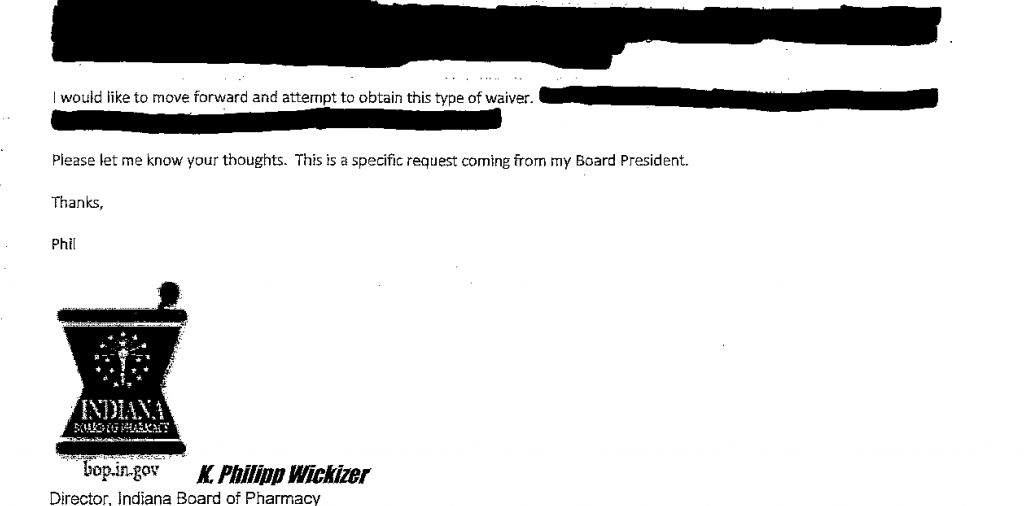The new Walgreens Boots Alliance enters 2015 as a transformed enterprise. Following the closing of Walgreen’s acquisition of Alliance Boots, the combined company faces high expectations and significant strategic challenges.
In the recent quarter, Walgreen posted a 12% jump in net profit due partly to cost-cutting and lower taxes, but the company’s gross margin remains under pressure, down a full percentage point over last year to 27.1 percent–the fifth continuous quarter of decline. Walgreen attributes this margin squeeze to rising generic drug prices, increased competition, and lower payments from insurers. In the front end, customer traffic continued to drop, while comparable store sales were nearly flat.
Some analysts have raised questions about whether Walgreen is overbought, with a higher proportion of “Hold” ratings than in the past:
Cantor Fitzgerald: U.S. gross margin outlook appears to be even more worrisome than we previously expected. Secondly, we think the stock is trading at pre guidance cut levels from earlier in the year at which time, a high probability of a tax inversion was also assumed. Even with the help of a lower tax rate and accelerated cost reduction efforts, we estimate EBITDA grew by just 2-3% in 1Q.
Bank of America: WAG stands to pay another $16 billion for the remaining 55 percent interest in Alliance Boots, a rich price tag for a significant balance sheet liability, a profit contribution that does not appear to be growing much, and an expected purchasing synergy that may not be sustainable. Despite the latest upside, we remain cautious on the profit expectations for the combined entity.”
Credit Suisse: We continue to rate WAG Neutral as we do not view the risk/reward favorably. While management’s increased focus on mix, costs, and better use of the loyalty card makes sense, we have concerns about the company closing the margin gap to CVS, believe a front-end improvement will be difficult and take time, and see structural challenges longer-term in the standalone pharmacy business.
Walgreen management discussed some of its upcoming plans, including a $1 billion cost savings program, enhanced supply chain efficiencies, and synergies with Alliance Boots. Pharmacy margin pressure is expected to intensify in the second quarter, as Medicare Part D reimbursement rates step down and generic drug inflation headwinds persist.
